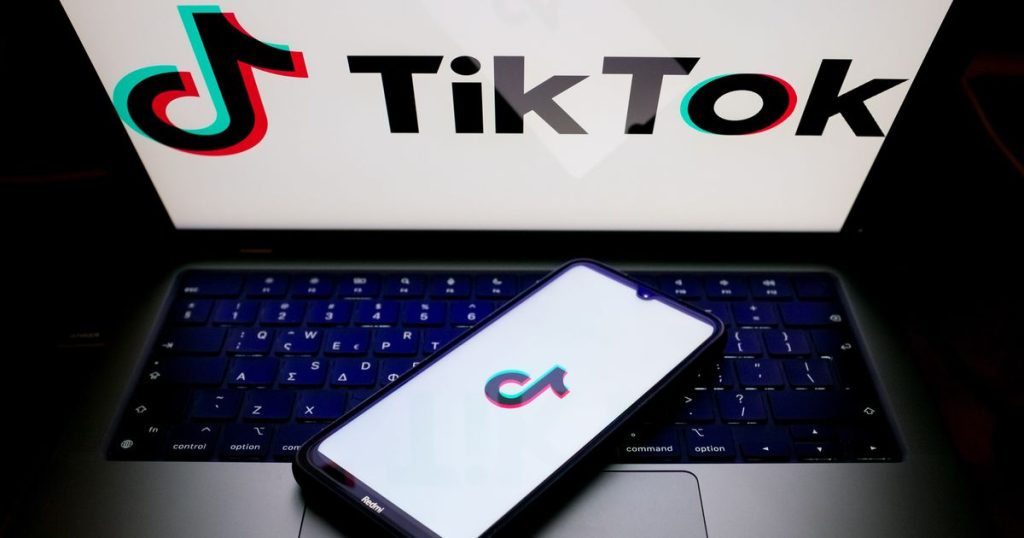The Senate passed a $95.3 billion foreign aid bill that includes a provision that could lead to a TikTok ban in the U.S. The legislation requires TikTok’s Chinese parent company, ByteDance, to divest from the popular social media platform within a year, or face being blocked in the country. President Joe Biden is expected to sign the bill quickly, starting the clock on the potential TikTok ban. While TikTok is popular among young people, concerns about national security and data privacy have prompted lawmakers in both parties to push for the ban.
Sen. Maria Cantwell and Sen. John Thune both expressed support for the potential TikTok ban as a measure to prevent foreign adversaries from conducting espionage and harming vulnerable Americans. President Biden has expressed his support for banning TikTok, while former President Donald Trump, who previously called for a ban, has now criticized Biden for considering it. TikTok has called the potential ban “unfortunate” and warned of the economic impact it could have on the U.S. economy. Despite concerns from young people who enjoy the platform, lawmakers like Sen. Mark Warner emphasize the importance of ensuring that TikTok is no longer controlled by a foreign adversary.
The legislation gives ByteDance nine months to sell its stake in TikTok, with the possibility of a three-month extension. The House has already passed the bill, and President Biden’s signature is expected to quickly follow. The bill includes critical aid to Ukraine and humanitarian assistance to Gaza, in addition to the provision targeting TikTok. Senators on both sides of the aisle have emphasized that the intention is not to punish specific companies, but rather to protect American citizens and government personnel from potential national security threats posed by foreign-controlled platforms like TikTok.
The Chinese Embassy has reportedly lobbied against the legislation that would force ByteDance to sell TikTok, underscoring the value the Chinese government places on access to Americans’ information. Despite these efforts, lawmakers like Sen. Warner have stressed the importance of ensuring that TikTok is not controlled by a foreign adversary defined as such by U.S. law. While the potential ban may disappoint young Americans who enjoy using TikTok, Warner and other lawmakers emphasize the necessity of addressing the national security risks posed by foreign control of the platform.
President Trump’s reversal on TikTok highlights the bipartisan concern over the platform’s potential national security risks. With both Democrats and Republicans supporting the legislation that would force ByteDance to divest from TikTok, the issue has gained significant attention in Congress. Lawmakers stress that the goal is to protect vulnerable Americans and prevent espionage and surveillance by foreign adversaries. The bill’s passing in both the House and the Senate signals a strong bipartisan agreement on the need to address national security concerns related to TikTok and other foreign-owned platforms.


